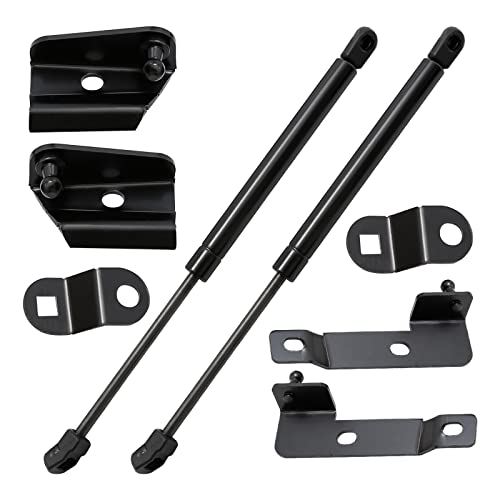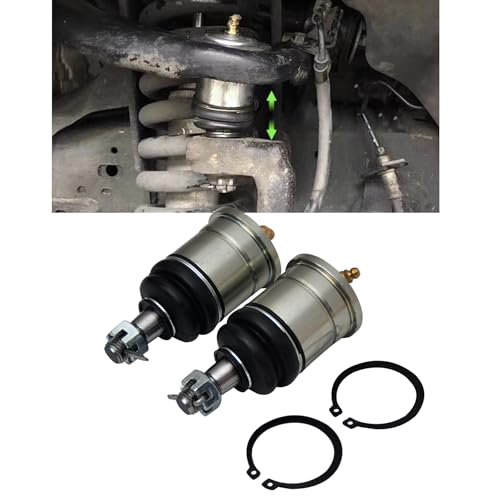I wonder why Honda and other companies have invested so heavily in hydrogen powered cars and in some countries (iceland and in England) they already use Hydrogen powered busses.
I guess they need to demonstrate its commercial viability.
There's a great difference between having a team of engineers (even ones that DO know their stuff) all agreeing on a particular means of achieving something and actually having that item both manufactured and working in the field.
There's also a difference between proving that a technology works, and then proving that the technology works repeatedly. I'll point at gel batteries as a perfect example here.
1) It's a BRILLIANT idea to use gel, because you can then orient the battery any way you like and the plates will NEVER lose contact with the electrolyte.
2) Batteries will NEVER spill and corrode surrounding parts
However
3) You MUST charge them at a low rate AND a lower voltage
4) Any mismanagement of the charge rate PERMANENTLY damages the battery
I don't know if the guys that dreamed up the gel idea thought about 3 & 4 when they were (rightly) beating their chests over 1 & 2. It truly is a brilliant idea otherwise.
Hydrogen power - any form of power, really - needs to not only be proven that it can deliver the required amount when needed, but can be maintained in the longer term.
I think it was Scania that developed a truck that ran on batteries in the city and used a model-aircraft type of micro jet turbine to drive a generator once the truck needed extra power. At the time, micro jet turbines used between 200ml and 500ml of fuel per minute and developed somewhere between 60lbs and 150lbs of thrust (approximately multiply by 10 for horsepower developed). A 1500hp engine driving a generator would produce a lot of power quickly, so the truck could again be silent as it entered the next village.
That sort of thing isn't really viable long-term. Micro turbines don't last - ask any pilot who's watched his SU27/F14/F15/F18/747 etc fall out of the sky trailing clouds of white smoke as the turbine seized. One of the pilots at the local airfield here had his F18 engine fail and was supremely lucky that one of the best pilots I know was standing nearby, offered to bring it back in, and it landed first go without a scratch from a precarious position (low altitude high speed run, flamed out halfway along the runway).
Taking new technology out to the field highlights these issues. It allows the engineers to either think up methods of circumventing the issues - like slow charge times for all-electric cars - or declaring them not worth the trouble, back to the drawing board.
Without them actually trying them, we could have all sorts of abortions floating around on our roads. Well, we do, but until they're commercially viable, you and I won't be buying them.
But - and I do mean this - if they figure out a way to refill the fuel tank with water and power the vehicle from that (without a thirsty hamster under the bonnet, thanks for the idea Great Wall but we're past that), I'd happily jump from my diesel.
Starting with small things like this is brilliant. They'll improve the efficiency, bring out larger capacity, higher power units and even change the charge method until one day, you stop at a stream, filter a bucket or two of water into the tank and then drive on.
































